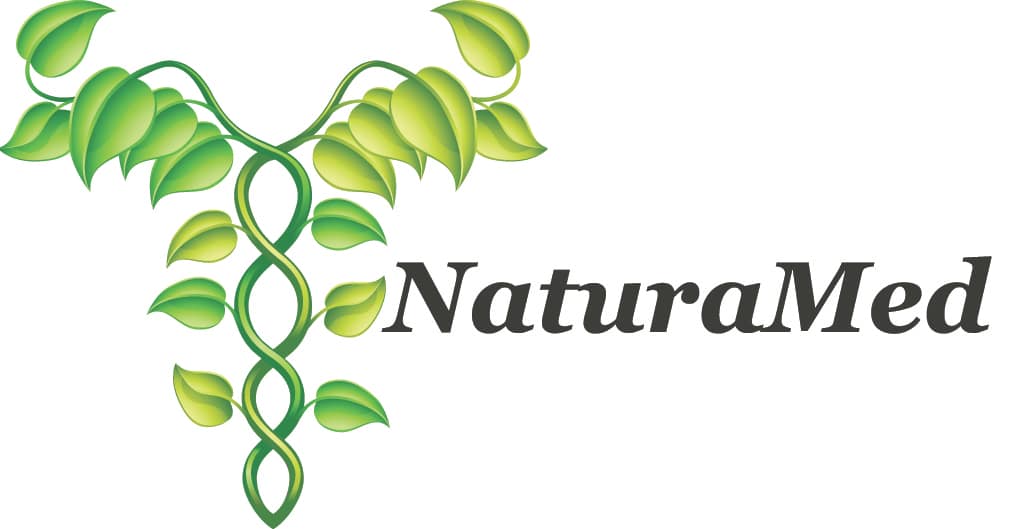A Healthy Brain
Modulating stress for better sleep, concentration and mood
Stress can be positive or negative
Insomnia, lack of concentration, ADHD and emotional stress can be greatly alleviated by a major change in our stress-creating lifestyle, diet, attitude and beliefs.
Sugar and refined carbohydrates
The high and regular consumption of sugars and refined carbohydrates (high GI) can lead to a risk of dysregulation of insulin, diabetes and obesity. For this reason, Alzheimer’s disease is sometimes called type 3 diabetes.
Sugar is everywhere in our prepared foods:
- It is named by its food source:
- Maple syrup, honey, brown sugar, cane sugar, beetroot.
- It can be named by its molecule:
- Glucose, fructose, sucrose, lactose, galactose, dextrose. So far it’s easy, because the “ose” at the end of these names can identify them.
- Some sugars are named differently:
- Fructose syrup, corn extract with high (or high) fructose content.
- Still others are named more subtly still:
- Starch, modified starch, genetically modified starch, Dextrin, Dextran, Barley malt extract, Maltodextrin, Diastatic malt.
Lastly, for a healthy brain, it is highly recommended to minimize sugars and refined carbohydrates such as white bread, white rice, potatoes (unless baked with the peel), white pasta and all types of desserts: cakes, pies and pastries, ice creams and sherbets.
The gut-brain connection and neurological diseases
Dr. David Perlmutter is a neurologist who demonstrates the impact of sugar on the brain and its connections with the gut. He has written several best-selling books on the link between the brain and the intestines and the role of grain cereals and sugar on health.
He explains that some toxins are released by certain bacteria and that porous intestines and blood-brain (hemato-encephalic) barrier allow them to pass on through to the brain.
Thus, these toxins create an oxidative and inflammatory reaction and some of the more vulnerable parts of the brain are attacked – the hippocampus for Alzheimer’s, the black substance for Parkinson’s, the myelin sheath for multiple sclerosis.
In turn, sugar and carbohydrates contribute to the phenomenon of oxidation and aggravate inflammation.
For more specific information on each topic and health problem, visit the articles on the microbiota, the leaky gut, the prevention of Alzheimer‘s and Parkinson’s disease.
Balance of neurotransmitters
Finally, the balance of neurotransmitters is essential for optimal brain health when suffering from attention deficit disorder, depression, memory loss or anxiety. Check out the blog on the balance of neurotransmitters.
References:
- Sugar risks go beyond weight gain: More and more sugar risk, Dr. Pelmutter
- DocteurBonneBouffe.com, a fun version blog on health and nutrition.
Warning: the recommendations made in consultation are not intended to treat a disease and we encourage you to tell your doctor about your naturopathic procedures.



